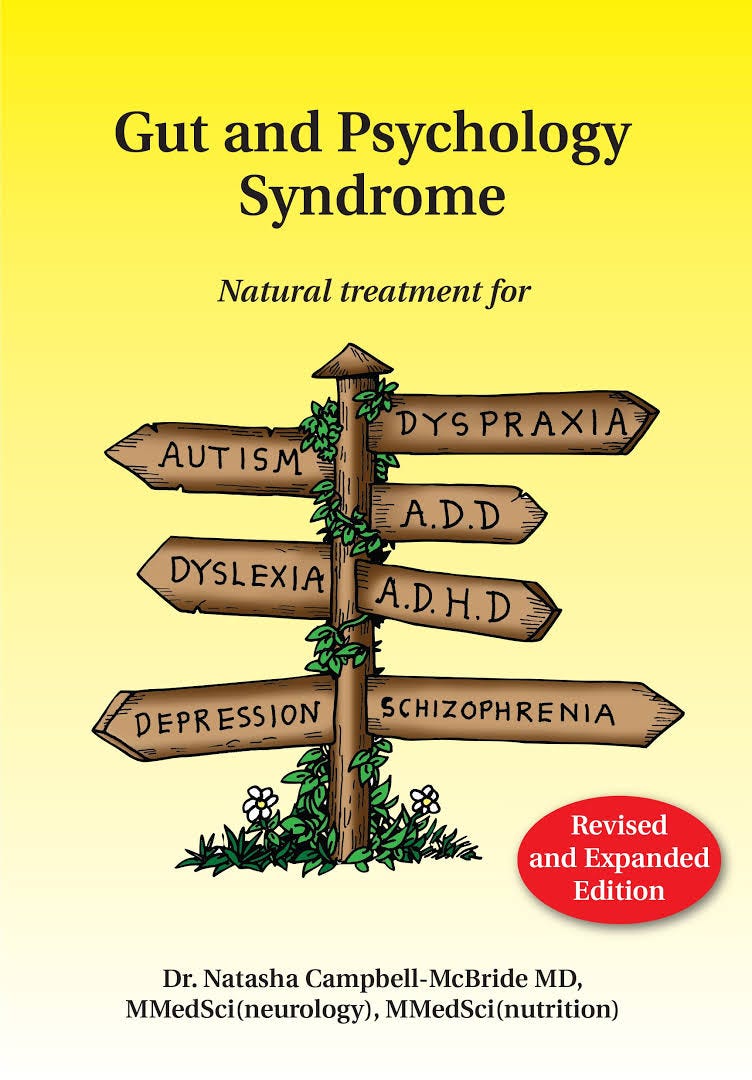The Cause of Most Health Problems
Terrain theory as I understand it
The microbiome is under attack.
Is there a drug that can fix it? There is not.
And store-bought yogurt? It is not going to do the trick.
For example, many Canadians suffer from eczema. Eczema is considered an autoimmune condition. Like many other autoimmune conditions, there is an endless struggle to identify the cause and to develop drugs that might treat it. Predictably, much of the attention focuses on genetics, as if heredity is the only explanation.

But is this emphasis primarily driven by pharma’s obsession with creating new products aimed at “fixing” genetics? Surely, not always, but far too often, this seems to be the case. As though there could be no other cause for autoimmune conditions? More likely, the answer lies in the terrain. And the terrain is under assault.
Is eczema simply a clear sign that the microbiome is compromised? Perhaps so—but that answer would not be convenient to those who profit from the ongoing cycle of medication and treatment that overlooks the fundamental issues at play. If we shift our perspective and contemplate the interconnectedness of human health and the microbiome, we might reveal a more profound truth.
The book Gut and Psychology1 caught my attention after watching a YouTuber called Marisa at the Bumblebee Apothecary2…
… I had been exploring how to make my own tallow and tallow soaps. Recently, I finally read it, and the book is filled with insights. It’s not surprising that it remains somewhat obscure; even when I mentioned it to a friend who is a naturopath, she was unaware of it as well. The book delves deeply into the digestive system and its vulnerabilities. As you may know, the digestive system, particularly the gut, is home to the largest, densest, and most diverse collection of microbes, termed the microbiome, in the human body.
Since there are so many conditions, including eczema, that are mysterious and difficult for the medical industry to address, the book explains that many of these conditions fall into the GAP. GAP stands for Gut and Psychology. Many of the conditions that can benefit from the protocols described in the book relate to the dysbiosis of the gut, which causes these autoimmune conditions as well as various psychological conditions, including autism.
Most people remain oblivious to this reality—as does most of the world. But why is that?
Naming these elements as the root of many health problems is easy to do. But will anyone see it or hear it? It would mean changing so much about the way we live, which can be very difficult with so many entrenched habits and routines. Much of modern life consists of constant attacks on the microbiome: glyphosate, antibiotics, pharmaceutical products such as painkillers and magic potions (many other pharmaceutical products too), sugary foods, chronic stress, convenience foods, and more. The list goes on.
I could go on—and I will. In future articles, I plan to expand on the subject, which I find endlessly fascinating.






That is a great book. I stumbled on it about 20 years ago and it is still little known all these years later. I regularly recommend it to people, yet no one ever follows up even though the Gut-Brain Axis is not considered a fringe concept. Thank you for putting it out there! I hope more will check it out.
It seems like everything Big Pharma creates destroys the natural gut microbiome. Go figure?
Leslie